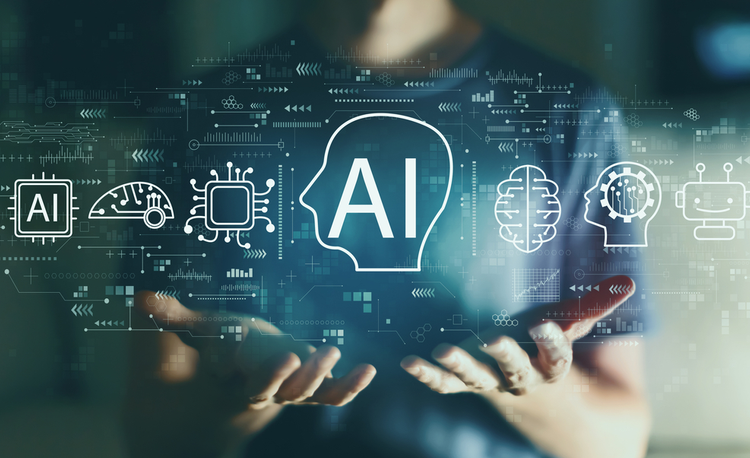Content creation is an indispensable way of communication across multiple platforms – websites, social media pages, marketing materials, and academic publications to name a few.. Today’s digital world demands a constant stream of relevant, engaging content. For this reason, producing content online has made it harder than ever for those responsible to remain original and inventive. As a result, some of them will look to others for ideas and suggestions. Plagiarism has long been an issue within academic and journalistic environments – any act that copies someone else’s work without giving sufficient credit is considered plagiarism, which continues to be widespread today. On the other hand, content generation is currently experiencing an important transition due to advances in artificial intelligence (AI technologies). This change is setting new benchmarks of originality and creativity within creative processes.
Plagiarism’s Persistence In An Era Of Digital Technology
Due to the easy availability of material online, there has been an unprecedented surge in instances of plagiarism. Plagiarism violates readers’ trust by altering the originality of what has already been created by authors and content providers alike; students copy-paste material from websites into assignments they submit; bloggers reuse articles from elsewhere; content mills recycle old work; the result is plagiarized work which in itself damages authenticity and harms audience relations.
Obstacles To Overcoming When Promoting Originality
Manual comparison and citation analysis are two traditional ways of detecting plagiarism; however, when working with large volumes of content these methods may become time-consuming and ineffective in finding instances of plagiarized material. As more effective plagiarists conceal instances of their plagiarism and cover their tracks, it presents both educators and content creators with challenges they cannot easily surmount.
Artificial Intelligence To The Rescue: AI’s Role In Content Production
Artificial intelligence (AI) has ignited a revolution in content production by providing tools and strategies to fight plagiarism while upholding originality standards. Artificially intelligent plagiarism detection software offers content creators tools for quickly detecting and preventing plagiarism by quickly scanning large archives of text for similarities between previously published works and previously submitted submissions. AI is able to achieve this gargantuan task by utilizing sophisticated algorithms, machine learning techniques, and natural language processing methods efficiently. This revolutionary new approach to writing has changed everything.
Artificial intelligence has opened the door for content producers to provide not only informative but also captivating material efficiently and cost-effectively. Through AI’s natural language generation (NLG) algorithms, content creators are now able to write articles, reports, and marketing materials quickly at scale which produces text eerily similar to human beings. Furthermore, content recommendation systems powered by artificial intelligence assess user preferences and behavior on a deeper level to offer personalized recommendations which lead to increased user engagement and satisfaction.
Considerations And Obstacles Affecting Ethical Behavior
Artificial intelligence poses ethical problems and challenges despite providing promising solutions for eliminating plagiarism and improving content creation. Artificial Intelligence raises many ethical and legal concerns when used to generate content, particularly around authorship, ownership, and attribution issues. Who owns the rights? Content produced by artificial intelligence should be treated as intellectual property; if that is the case, who should receive credit as the creator?? These questions highlight the need to establish clear guidelines and regulations to govern its use for content production, as well as ensure ethical practices are upheld.
How Will Content Creation Standards Evolve?
As artificial intelligence (AI) technology advances, content production standards may adjust accordingly to take into account its capabilities and limitations. A balance must be struck between automation and human input during production. Artificial intelligence’s potential can increase creativity and productivity but creators must maintain high vigilance to maintain originality, authenticity, and integrity standards while using AI tools for enhanced creative processes while upholding ethical practices.
Final Thoughts
Artificial intelligence is revolutionizing content creation standards, shifting how we produce, consume, and interact with the material. Other applications of AI include plagiarism detection as well as producing self-generated material. Artificial intelligence (AI) presents several ethical considerations and difficulties, even though its solutions for combatting plagiarism and increasing productivity may provide effective results. Artificial Intelligence can unlock its remarkable creative and innovative power in digital content creation if we embrace AI technology responsibly and adhere to standards of originality and authenticity.
